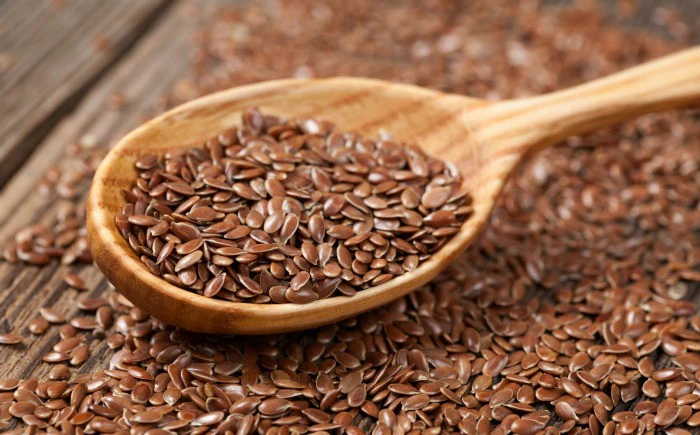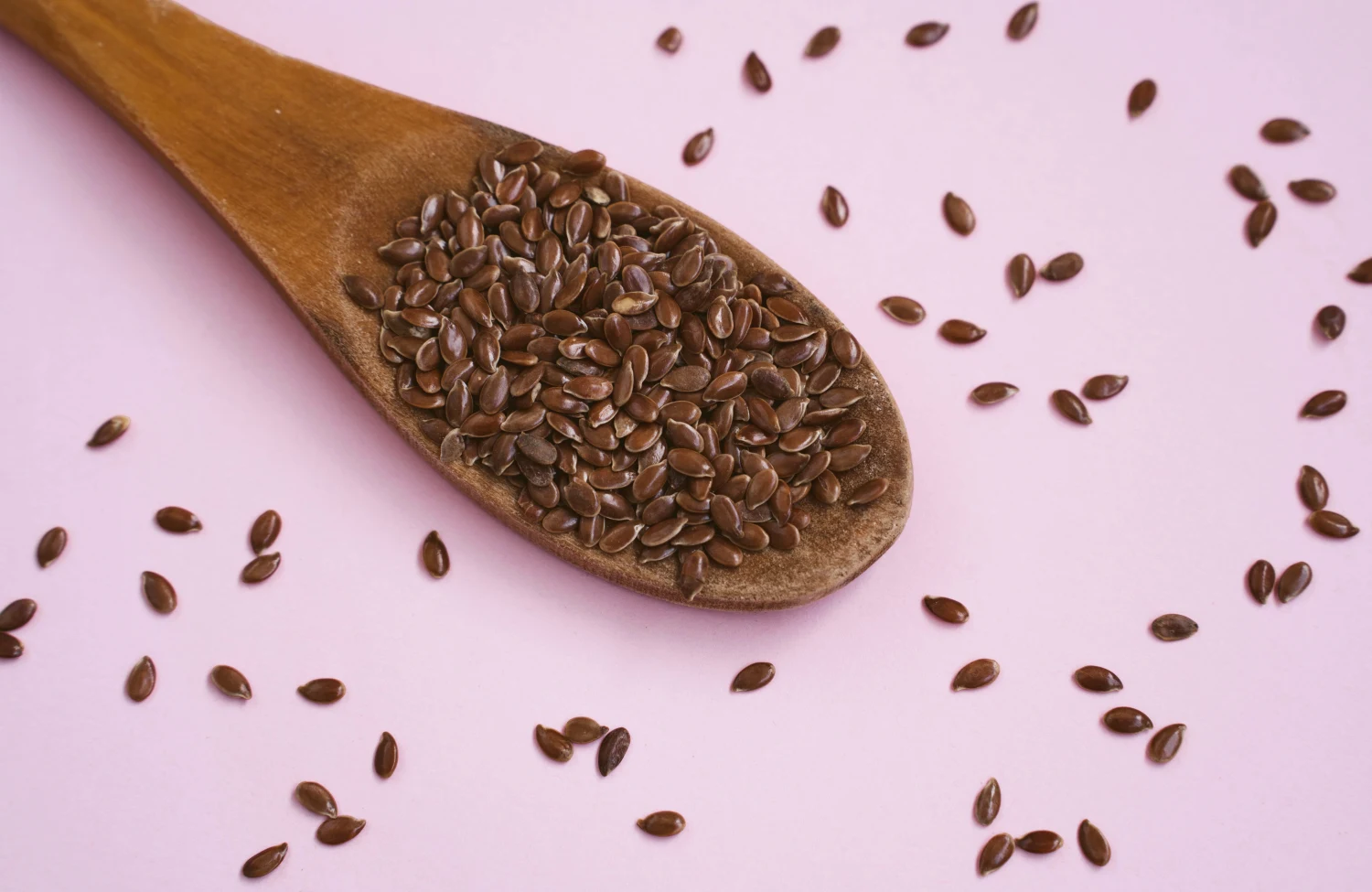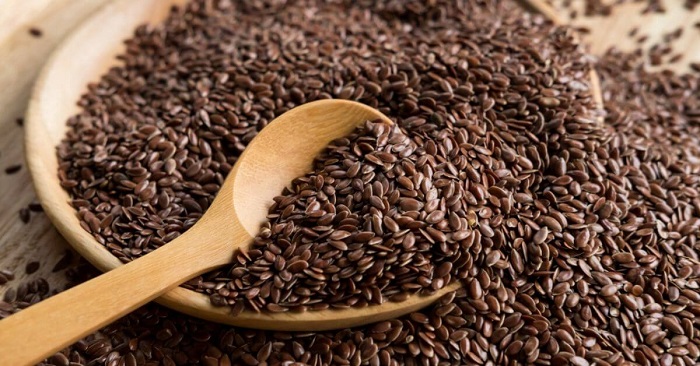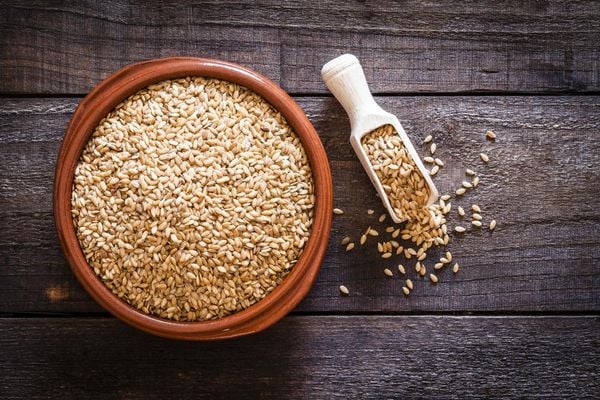Flaxseeds, often called a “superfood,” are tiny seeds that pack a powerful nutritional punch. Adding flaxseeds to your daily diet is simple and can bring remarkable benefits to your overall well-being. Here’s a closer look at why you should make flaxseeds a regular part of your meals.
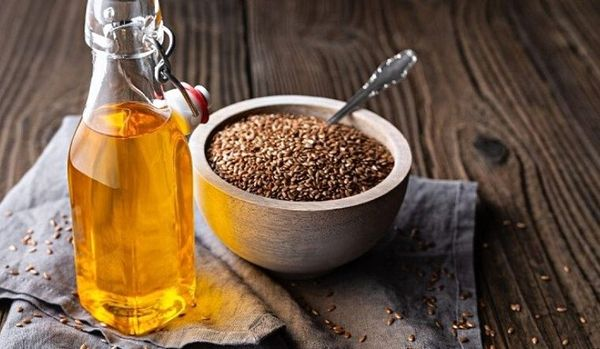
1. Enhances Heart Health
- Rich in Omega-3 Fatty Acids: Flaxseeds are one of the richest plant-based sources of alpha-linolenic acid (ALA), an essential omega-3 fatty acid that helps combat inflammation and reduce the risk of heart disease.
- Lowers Cholesterol: The soluble fiber in flaxseeds binds to cholesterol in the digestive system, helping to lower LDL (bad cholesterol) levels.
- Reduces Blood Pressure: Regular consumption of flaxseeds has been shown to lower blood pressure, particularly in individuals with hypertension.
2. Boosts Digestive Health
- High in Fiber: Flaxseeds are a great source of both soluble and insoluble fiber, which supports healthy digestion, prevents constipation, and promotes regular bowel movements.
- Supports Gut Health: The fiber also nourishes beneficial gut bacteria, improving overall digestive function.
3. Aids in Weight Management
- Promotes Satiety: The combination of fiber and healthy fats in flaxseeds helps you feel full for longer, reducing the likelihood of overeating and supporting weight control.
- Stabilizes Blood Sugar Levels: Flaxseeds slow the digestion of carbohydrates, helping to prevent blood sugar spikes and crashes.
4. Balances Hormones
- Rich in Lignans: Flaxseeds are the highest natural source of lignans, plant compounds that act as phytoestrogens to help regulate hormone levels. This can be especially helpful for women experiencing menopause or other hormonal imbalances.
5. Combats Inflammation
- Anti-Inflammatory Properties: Flaxseeds contain omega-3 fatty acids and antioxidants that fight inflammation, which is associated with chronic conditions such as arthritis, heart disease, and diabetes.
6. Offers Cancer Protection
- Antioxidants and Lignans: Flaxseeds are rich in lignans and antioxidants, which have been linked to a reduced risk of certain cancers, including breast, prostate, and colon cancer.
How to Add Flaxseeds to Your Diet
To maximize the benefits of flaxseeds, it’s important to prepare and consume them correctly:
- Ground Flaxseeds: Always grind flaxseeds before eating, as whole seeds may pass through your digestive system undigested.
- Add to Smoothies: Blend ground flaxseeds into your favorite smoothies for an easy nutrient boost.
- Sprinkle on Foods: Sprinkle flaxseeds over oatmeal, yogurt, or salads.
- Use in Baking: Substitute part of the flour in recipes like muffins, pancakes, or bread with flaxseed meal.
- Make a Flaxseed Gel: Combine ground flaxseeds with water to create a gel that can be used as a vegan egg substitute in baking.
How Much Flaxseed Should You Eat?
Start with 1–2 tablespoons of ground flaxseeds daily and gradually increase the amount if desired.
Storage Tips
- Whole Flaxseeds: Store in an airtight container in a cool, dry place to keep them fresh.
- Ground Flaxseeds: Store in the refrigerator or freezer to prevent them from going rancid.
Precautions to Keep in Mind
- Moderation is Key: Overconsumption can cause bloating or digestive discomfort due to the high fiber content.
- Stay Hydrated: Drink plenty of water when consuming flaxseeds to support digestion and prevent any potential discomfort.
Reap the Benefits of Flaxseeds
By making flaxseeds a regular part of your diet, you can enjoy a wide range of health benefits, from better heart health and improved digestion to hormone balance and even cancer prevention. This versatile superfood is easy to incorporate into your meals, allowing you to unlock its full potential for a healthier, happier life.


